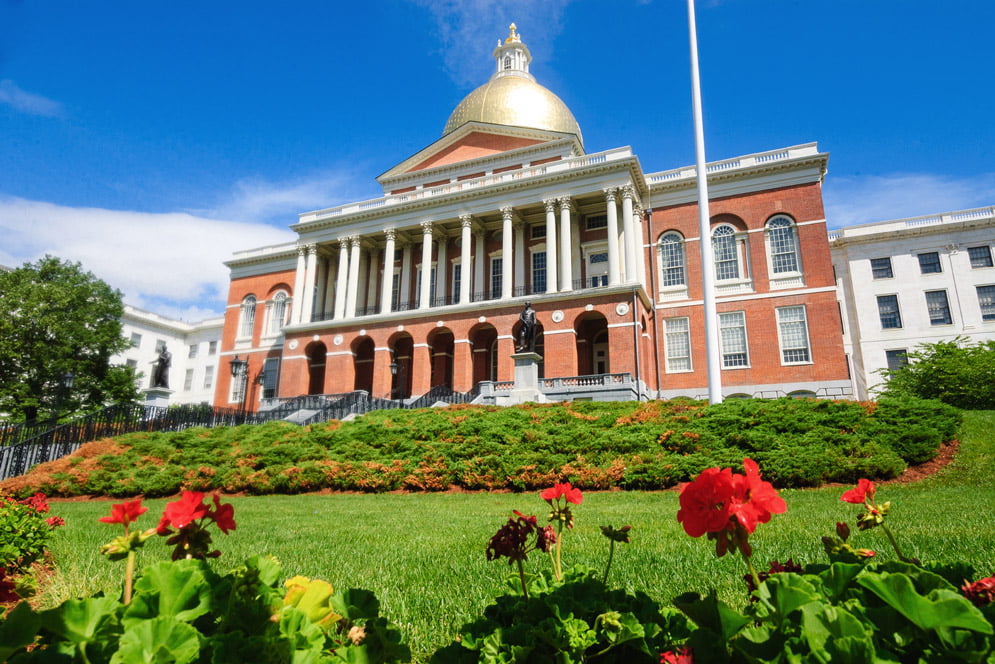By Michael P. Norton, Matt Murphy, Katie Lannan and Chris Lisinski / STATE HOUSE NEWS SERVICE
BOSTON – State lawmakers and Gov. Charlie Baker will head into another new fiscal year Monday without an annual budget in place.
By Michael P. Norton, Matt Murphy, Katie Lannan and Chris Lisinski / STATE HOUSE NEWS SERVICE
BOSTON – State lawmakers and Gov. Charlie Baker will head into another new fiscal year Monday without an annual budget in place.
While most states in the country have wrapped up annual budget deliberations, Democratic leaders in the House and the Senate here have been unable to bridge disagreements over pieces of their nearly $43 billion spending proposals.
The bills take different approaches to school aid, prescription drug price controls, a tuition and fee freeze at the University of Massachusetts, and aid to the struggling nursing home industry, among other issues.
Negotiators are deliberating privately and have not disclosed what’s holding up an agreement.
The House held its session open for more than 3 hours Thursday before adjourning for the weekend, with plans to return for an informal session on Monday, July 1, the first day of fiscal 2020.
Gov. Charlie Baker kicked off the annual budget deliberations when he filed his spending bill in January. The House passed its budget in April, the Senate approved its plan in May and a six-member conference committee on June 5 formally began its negotiations.
To prevent a state government shutdown, the House and the Senate on Thursday were giving final approval to a $5 billion interim budget that Baker filed last week to keep state services running into July without disruption.
Legislatures in six states that begin their new fiscal years in July – Massachusetts, New Hampshire, Ohio, Oregon, Pennsylvania and Rhode Island – had not finalized their 2020 budgets as of Thursday, according to the National Association of State Budget Officers.
Massachusetts last year was the final state in the country without a budget, which Gov. Charlie Baker signed into law on July 26.
The last state budget signed into law before the start of a new fiscal year was on June 30, 2010, when Gov. Deval Patrick was in office. There’s no penalty for being late and state officials have become accustomed to keeping the government running on temporary budgets to give negotiators extra time to complete their work.
Beacon Hill officials are sitting on a roughly $800 million revenue surplus. Officials will decide later this year how to allocate the surplus.
Read the original article from the State House News Service, here.



